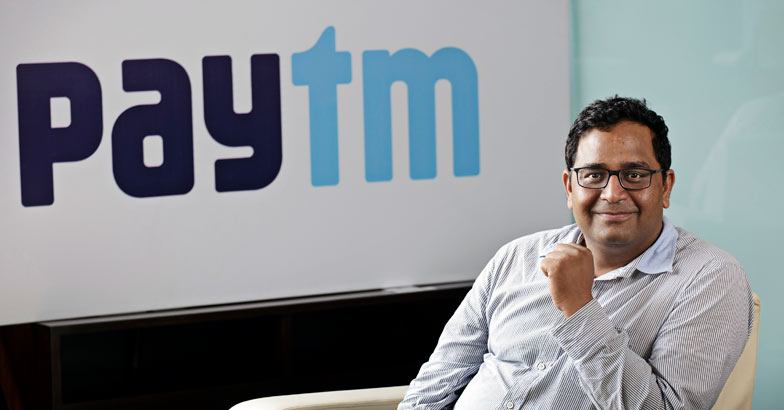New Delhi, NFAPost: Paytm’s shareholders on Monday finalised the digital financial services company’s primary fundraise of Rs 12,000 crore by issuing fresh equity.
The move comes at a time when the company is going ahead with its game plan ot further expand digital payment infrastructure across the country in line with Prime Minister Narendra Modi’s Digital Inida game plan.
Sources said shareholders, at an extraordinary general meeting (EGM), approved a proposal that Vijay Shekhar Sharma, Paytm’s founder, would not be identified as “promoter” of the company. He will continue to be the Chairman, Managing Director and Chief Executive Officer of the company. Vijay Shekhar holds about 14.61% equity in the company.
Paytm’s IPO is set to be the biggest market debut in India, after Coal India’s in 2010. The shareholders also approved new ‘Articles of Association’ of the company. One97 Communications, the parent firm of Paytm, had said before that it intends to raise Rs 12,000 crore ($1.6 billion) by issuing fresh equity.
The secondary raise will bring the total to Rs 16,600 crore, sources said. Paytm is also targeting a valuation of $25 billion to $30 billion, 1.5-1.8 times the current valuation of $16 billion.
Ahead of its initial public offering, expected in November this year, One97 Communications last week said Douglas Lehman Feagin, senior vice-president at Ant Group, had joined the Indian company’s board. He replaced Jing Xiandong, Ant Group chairman and chief executive officer (CEO). Jing Xiandong resigned from the board, according to filings with the Registrar of Companies (RoC) last week.
In addition, Ash Lilani, managing partner at Saama Capital, has been appointed independent director of the company. Michael Yuen Jen Yao from Alibaba Group Holding and Todd Anthony Combs, investment manager at Berkshire Hathaway, have retired by rotation from One97’s board on June 30, according to the RoC filings.
The EGM approved the changes in the Employee Stock Options Plan. The changes are in accordance with the provisions of the stock exchanges. No single shareholder can have control by virtue of being a founder, etc. No shareholder can have “special rights”.
There are no agreements that confer such control over the company to the founder or anyone else. That is just how listed companies need to be in India,” said the source cited above.





